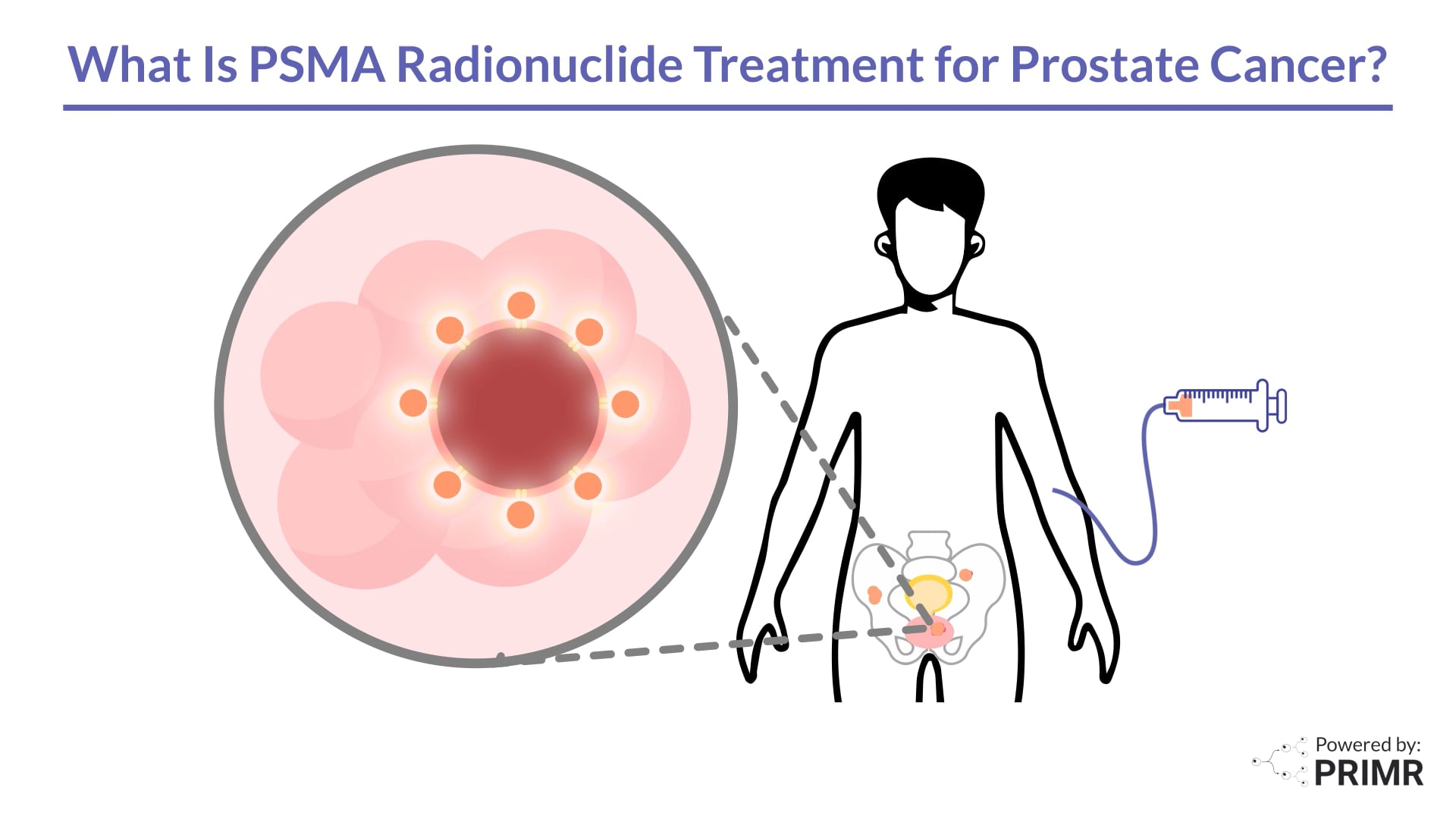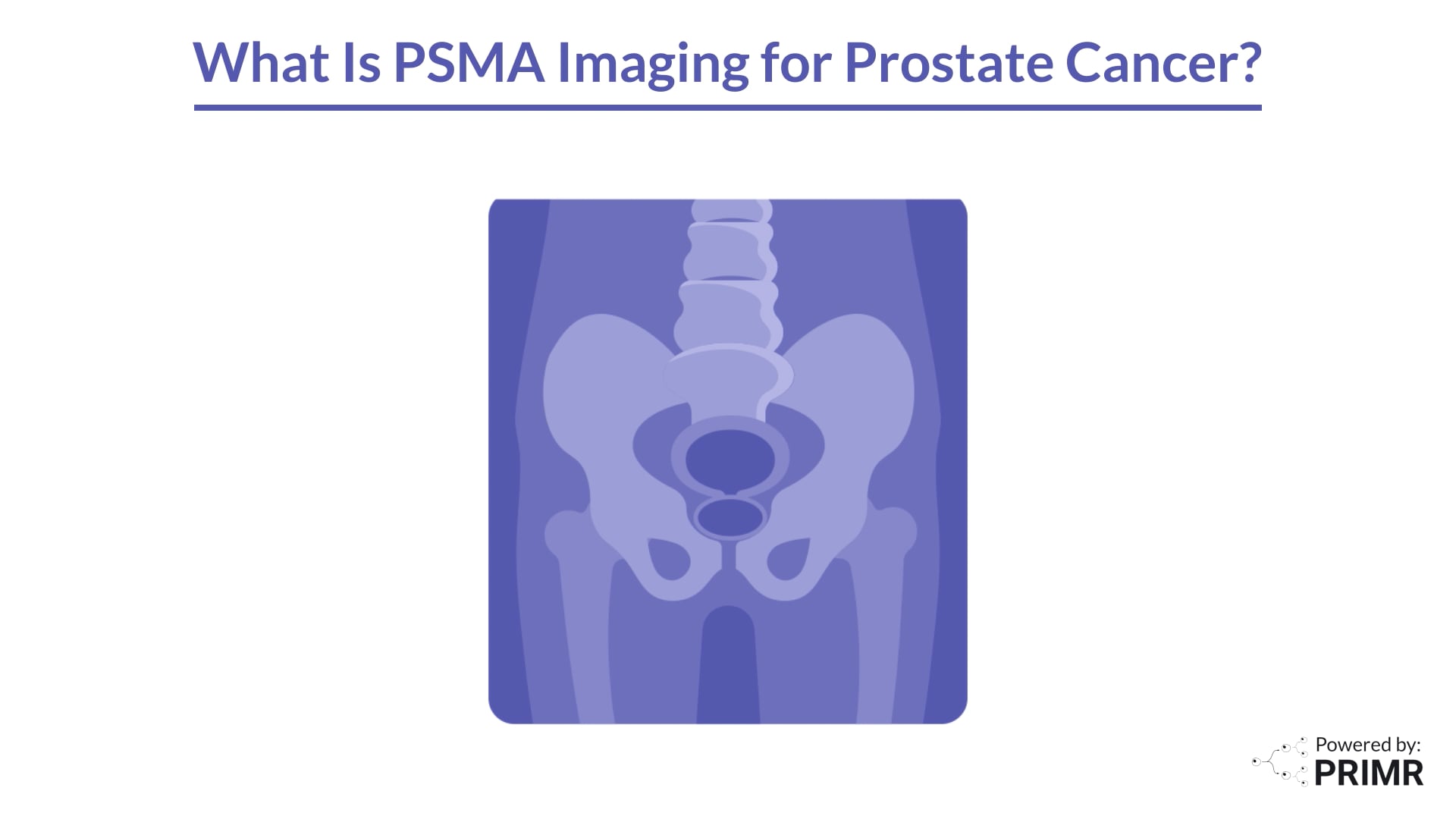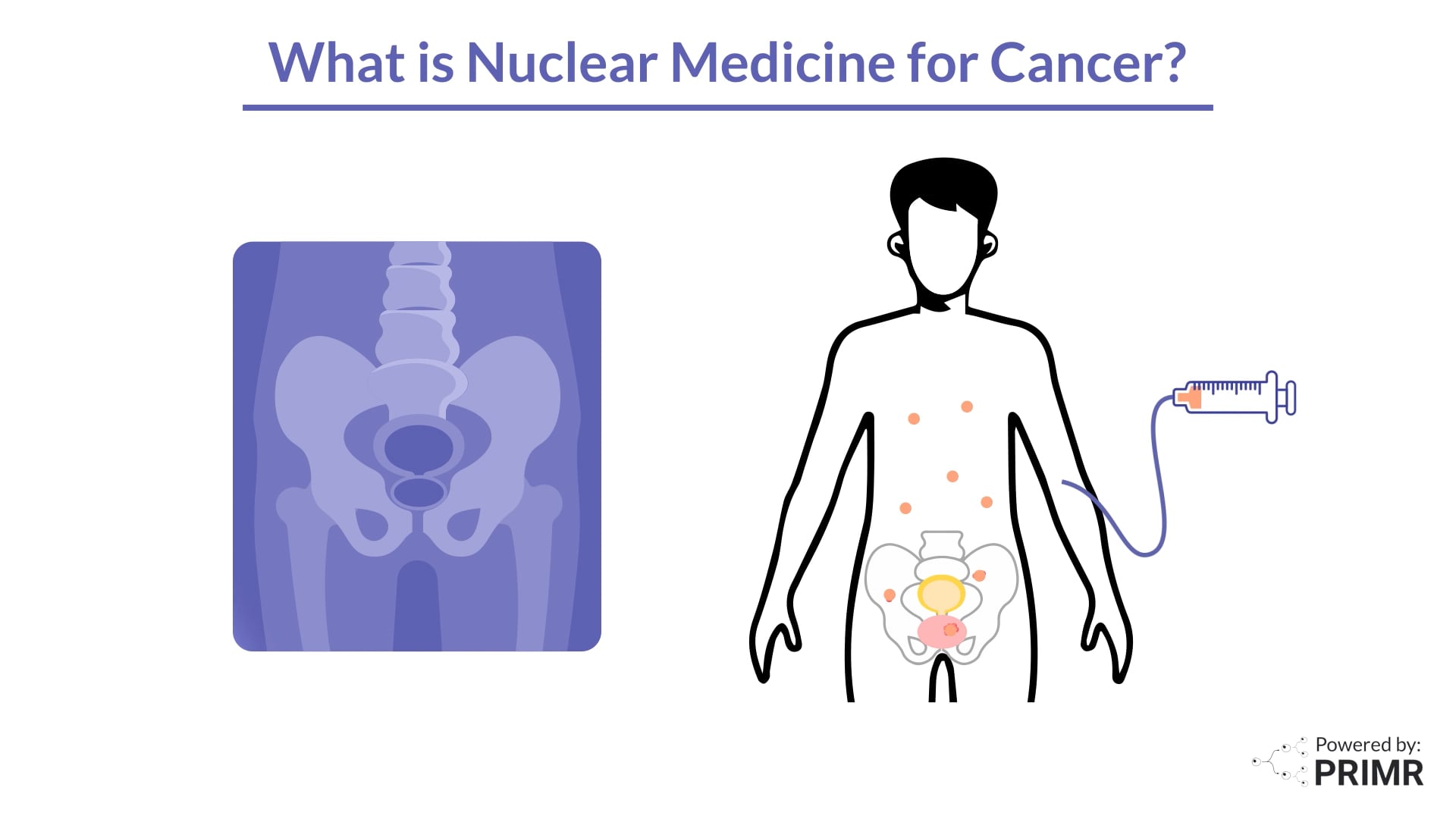Hormone Therapy for Prostate Cancer
Some men with aggressive or metastatic prostate cancer need hormone therapy to help control their disease.
In this video, we discuss how hormone therapy works.
Read the full video transcript below:
Some men with aggressive prostate cancer or metastatic prostate cancer need to undergo Androgen Deprivation Therapy or what is known more colloquially as hormone therapy.
Understandably, there's a lot of fear among men who have to undergo hormone therapy regarding what exactly it's going to do to their bodies. So, let's take a closer look.
Here's a drawing of a blood vessel and alongside it a row of prostate cancer cells. Under normal circumstances, men have quite a bit of testosterone hormone coursing through their blood vessels. Prostate cancer cells have a receptor where testosterone hormone can dock. When testosterone links up with the receptor, it sends a strong signal to the cell to grow and divide, which can cause the cancer to spread to other parts of the body and potentially become life-threatening.
The good news is we've developed some drugs that can interfere with this process. There are two commonly used classes of drugs.
The first is anti-androgens, and the most commonly used drug in this class is called Casodex. They work by physically blocking the receptor for androgen so that testosterone can't communicate with prostate cancer cells. Basically, the signal to grow and divide is physically interrupted.
The second common class of drugs is called GnRH agonist, but we'll call it Lupron because that's the most common trade name. The ultimate effect of Lupron is to lower the level of testosterone in the bloodstream. These drugs can be quite effective at controlling the spread of prostate cancer.
The bad news is there are, of course, unpleasant potential side effects, including hot flashes, loss of libido, mood swings, and difficulty sleeping. There is also a long-term risk of bone thinning, which can lead to fractures.
This is not medical advice. Talk to your doctor before making any medical decisions.

.jpg)
.jpg)
%20Thumbnail.png)







.jpg)
.png)


.jpeg)









.webp)
